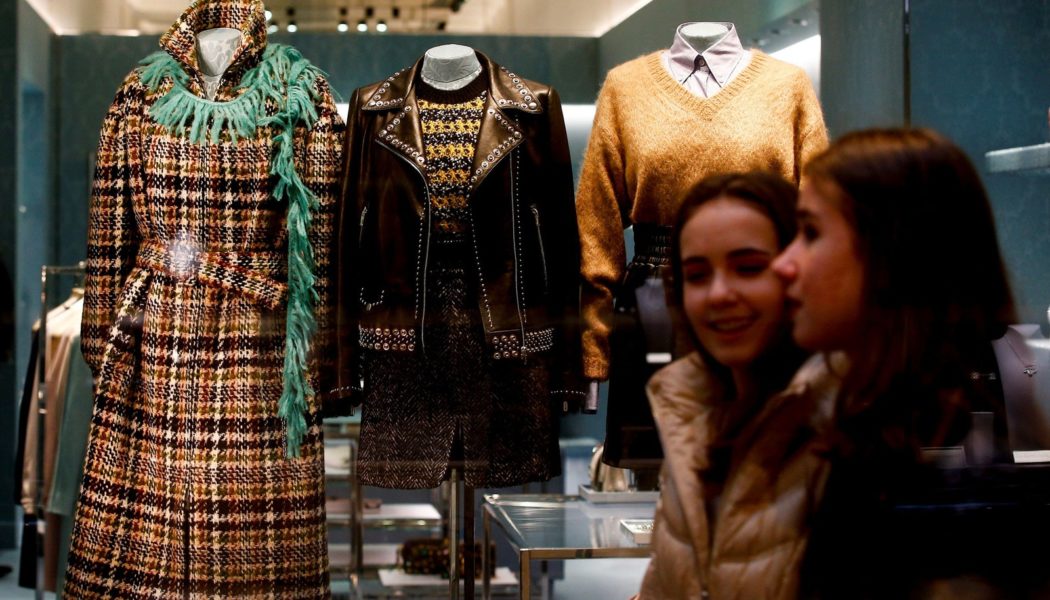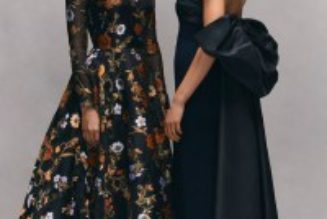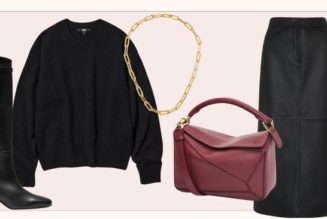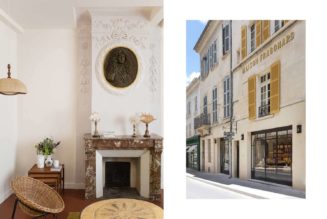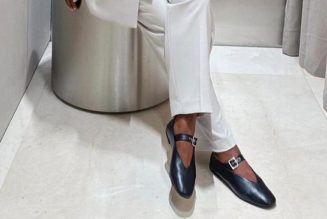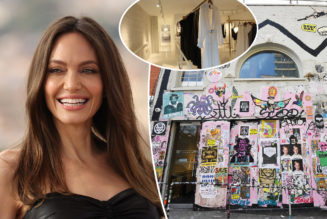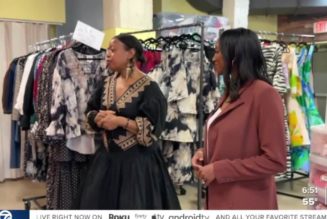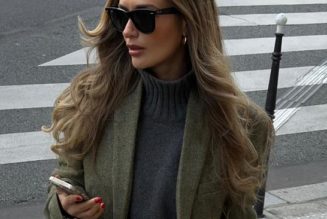Meanwhile, keen to let its citizens enjoy all the luxuries they were used to in the past, the Russian government has de facto legalised parallel imports. Russian retailers are now allowed to import any product from any market without the trademark owner’s consent. In this context, products originally meant for countries such as Belarus, Armenia, Kazakhstan and Kyrgyzstan, which, together with Moscow, are part of the Eurasian Economic Union (EEU), may end up in Russian stores.
Russian shoppers visiting Moscow’s luxury department store Tsum can still see items from Loro Piana, Saint Laurent or Valentino on sale — though they may not be the newest styles. However, the retailer’s website also shows a Bottega Veneta Jodie Leather Tote, which, on Mytheresa, is defined as “new season”. Tsum did not reply to a request for comment.
“It is difficult to say which brands are officially available on the market,” says Elena Bugranova, president of the Russian Buyers Union.
Bugranova notes a growing interest in secondhand luxury as an unexpected consequence of the war. “In Russia, secondhand is still a niche business model, there is still a difficulty to trust the authenticity of products, but people are becoming more and more open to the idea. Due to the current situation, the secondhand stores see a rise of interest in products that are becoming scarcer on the market,” she says.
